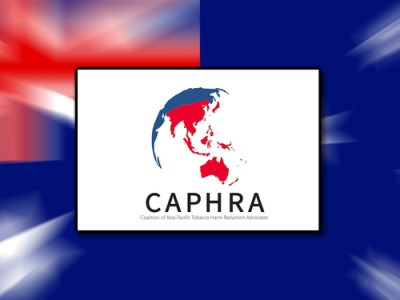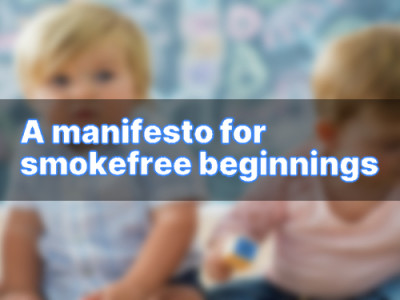Andrew Healey, Sarah Roberts, Nick Sevdalis, Lucy Goulding, Sophie Wilson, Kate Shaw, Caroline Jolley, and Deborah Robson worked together to produce “A Cost-Effectiveness Analysis of Stop Smoking Interventions in Substance Use Disorder Populations undergoing treatment”. They were gathered from three departments at King’s College London: King’s Improvement Science, the Centre of Human & Aerospace Physiological Sciences, and the Addictions Department.
The team lead by stating: “Tobacco smoking is highly prevalent among people attending treatment for a substance use disorder.” It is an area that vaping has a major role to play in helping smokers to quit – and one that was welcomed by Trust hospitals in Leicester for this very reason, last year.
The team noted that while stop smoking services for the general population have been rated as offering “cost-effective public health intervention”, such valuations are rarely carried out for services targeting vulnerable groups.
In order to assess stop smoking intervention services, the metric of health outcome in economic analysis is the cost-per quality-adjusted life year. Such a measure is criticised on technical and ethical grounds by some, but it remains the metric of choice for the sector and so the team adopted it.
“For this evaluation we examined cost-effectiveness from the perspective of English local government authorities who currently commission and pay for smoking cessation interventions delivered through stop smoking services. The evaluation is therefore inclusive of the costs of providing medication and behavioural support that local authorities will pay for directly, but excludes consideration of any out-of-pocket expenses.”
The maximum cost per quality-adjusted life year threshold set in England by the National Institute for Health and Care Excellence (NICE) for assessing whether health care and public health interventions represent value for money in these terms is £20,000 to £30,000.
Looking at supported abstinence rates and their associated costs, the team wrote: “Our conclusions suggest that interventions that use medication combined group-based support may be more cost-effectiveness [sic] and less sensitive to modeling uncertainty, compared to those that use individual support,” and “the economic case appears stronger for interventions that use specialised group- rather than individual-based behavioural support.”
Last year, ASH UK noted: “Smoking costs local authorities £760 million a year for social care”. This is the cost being left at the doorstep of local authorities, for them to provide help to people suffering from smoking-related illnesses to stay in their own homes.
They noted that the problem is set to get worse because the government is continually cutting the local authority public health grant and more NHS commissioners are declining to pay for doctor’s NRT prescriptions.
Given that vaping is cost-free to health services and quit programs, it is surprising that this didn’t factor into the research and its recommendations.
Dave Cross
Journalist at POTVDave is a freelance writer; with articles on music, motorbikes, football, pop-science, vaping and tobacco harm reduction in Sounds, Melody Maker, UBG, AWoL, Bike, When Saturday Comes, Vape News Magazine, and syndicated across the Johnston Press group. He was published in an anthology of “Greatest Football Writing”, but still believes this was a mistake. Dave contributes sketches to comedy shows and used to co-host a radio sketch show. He’s worked with numerous vape companies to develop content for their websites.
Join the discussion
Oz Ban Is Misguided
The Coalition of Asia Pacific Tobacco Harm Advocates says that Australia’s disposable vapes ban is “a puff in the wrong direction” and “misguided”
Cochrane Review Echoes Swedish Success
The Cochrane Review echoes the Swedish approach, finding less harmful alternatives like vaping are superior to other quit methods, says Smoke Free Sweden
A Manifesto for Smokefree Beginnings
The Smoking in Pregnancy Challenge Group has produced its fourth national report: “A Manifesto for Smokefree Beginnings”
European Parliament Endorses Smoking Cessation Tool
The European Parliament has endorsed vaping as a smoking cessation tool via its Subcommittee on Public Health, according to the World Vapers’ Alliance












